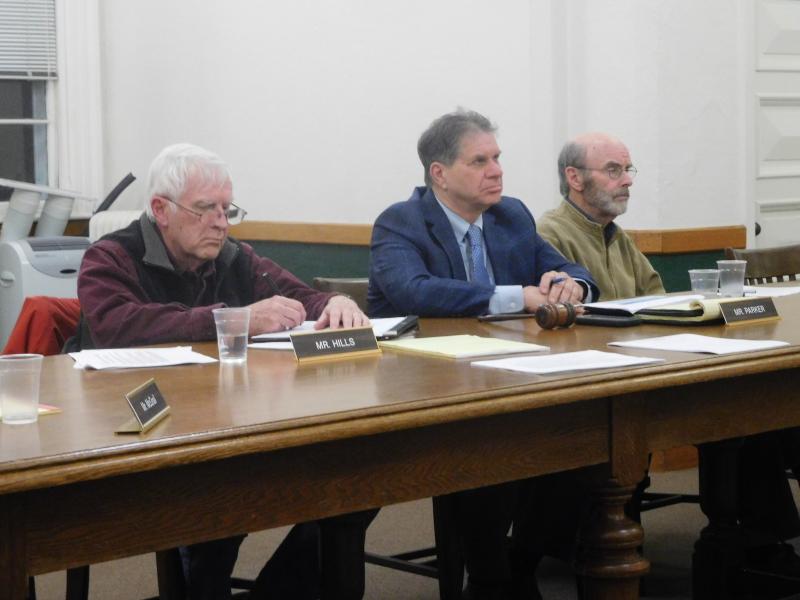Marion committees come together to look at affordable housing
MARION — Selectmen, Affordable Housing Trust members, Planning Board members, Finance Committee members and Assessors all met on Jan. 30 to discuss the town’s short- and long-term strategy for affordable housing.
The Planning Board had discussed the issue twice before, but determined that it was broader than it could handle as a single committee.
The state mandates that all towns have at least 10% of their housing be affordable. If it is not, developers can come in and build projects of any size with little input from the town.
The town currently has 7.3% affordable housing, but a 96 unit proposed development on Route 6 would put them over the 10% limit sometime before 2025. Not all units are affordable in perpetuity, though, and the 27 at Marconi Village are set to retire in 2044, meaning that the town will not stay at 10% affordability with projected housing growth once it hits that number.
Marion currently has a bylaw that dictates that any development over six units must have 10% of those units as affordable, or that the developer must pay the Affordable Housing Trust $200,000 per unit. However, in the 17 years since the bylaw was enacted, it has never been used. Officials all agreed that it was ineffective.
Selectman John Waterman started the discussion off by presenting his thoughts on a short-term solution to the problem.
He proposed submitting an article at Town Meeting to change the bylaw parameters to 5% affordable housing or a $75,000 fine for a year as a stop gap, explaining that asking developers who are already short on cash and not likely to pay the fee upfront.
After that, a special task force would examine the issue and report back to the 2021 Town Meeting with their recommendations.
Attendees generally agreed with Waterman’s short-term solution and started brainstorming long-term solutions that the task force could consider.
Planning Board member Eileen Marum said she had researched cases on asking the state to extend the leases on affordable communities.
Town Counsel John Whitten brought up the possibility of the town financing affordable projects on its land to maintain control. However, the town is running out of land to do that.
Another idea was giving the Planning Board the authority to decide for each project what a fair amount of affordable housing would be. The board’s chair Will Saltonstall seemed uncomfortable with that.
Another idea thrown around was using waivers from the requirement on a case-by-case basis.
The Planning Board and Selectmen will continue discussion on the topic at their meetings Monday and Tuesday of next week, respectively.













